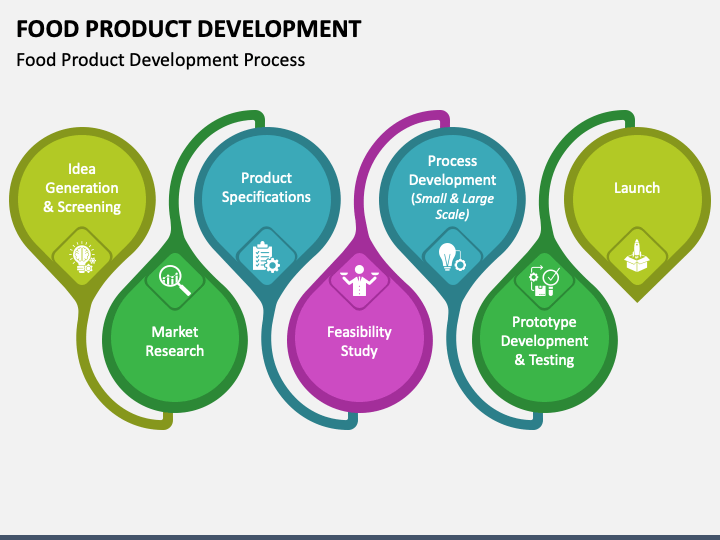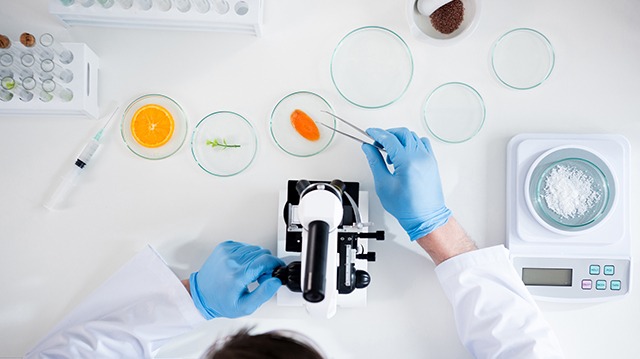Frequently Asked Questions
Question 1
What is a food scientist?
A food scientist studies the physical, chemical, and biological properties of food and food processing. They work with farmers, manufacturers, and retailers to ensure the safety and quality of food products. Food scientists may also develop new food products or improve existing ones. Food scientists may work in research and development, quality assurance, or product development. They may also work as consultants to food companies or government agencies.


Question 2
What do food scientists do?
Food scientists work in the food industry to help ensure that the food we eat is safe and of high quality. They may work in research and development, quality control, or manufacturing. Food scientists use their knowledge of chemistry, biology, and physics to study food and figure out ways to improve it. For example, food scientists may develop new ways to process or package food to keep it fresh longer. Food scientists may also be involved in developing new food products or improving existing ones.


Question 3
How can I hire a food scientist?
Simply contact us with your food product inquiry and we will be happy to help you! Check out our Contact Us page for more information.


Question 4
Can you help me with my food or beverage branding and design?
Yes! At Food Scientist for Hire we have it all! We have experts in food product branding and design, just check out our team to see for yourself.


Question 5
Is a food technologist the same as a food scientist?
They are very similar with some subtle differences. Food scientists research and analyze the chemical, physical and nutritional aspects of food. Food technologists work on the processes of making, improving, preserving and storing food and drink products. These jobs overlap in many cases. Other names for food scientists are: food formulators, nutritionists, dietitians, and food technologists.


Question 6
What is food product innovation?
A food product that has been created through the process of innovation. Innovation is the application of new ideas, processes, or products. In the food industry, innovation can involve developing a new food product, improving an existing food product, or finding a new way to produce or package food. Food Scientist for Hire also offer food product innovation services, check out our Services page for more information.


Question 7
What are the education requirements for food scientists?
Food scientists typically need at least a bachelor’s degree in food science, chemistry, biology, or a related field. Some food scientists may also choose to pursue advanced degrees, such as a master’s degree or PhD. Many food scientists also have experience working in the food industry before pursuing a career in food science.


Question 8
Are there any food scientists I can hire around the GCC?
Yes, you can hire Food Scientist for Hire as we are a global company with a presence in the UAE, Oman, Saudi Arabia, Qatar, Bahrain, Kuwait and the rest of the globe.


Question 9
What is a food consultant?
A food consultant is an expert in the field of food science and technology who provides advice and guidance to businesses and individuals on all aspects of food production, processing, safety and quality. Our food consultants at Food Scientist For Hire are happy to help you in every way they can!


Question 10
What is a food product development?
Food product development is the process of creating new food products for commercial sale. This process typically involves research and development, marketing, and manufacturing. The food product development process can be divided into four main stages: ideation or concept development, formulation or recipe development, packaging and labelling development, and finally, marketing and distribution. Our team at Food Scientist for Hire will be happy to assist you with the development of your food product idea!


Question 11
What is a food research lab?
A food research lab is a scientific facility where researchers conduct experiments and studies on food-related topics. Labs of this type are usually part of a larger institution, such as a university or government agency. The types of research conducted in a food research lab can vary widely but might include an investigation into the safety of new food additives, the nutrition content of different foods, or the effect of cooking methods on the quality of food.


